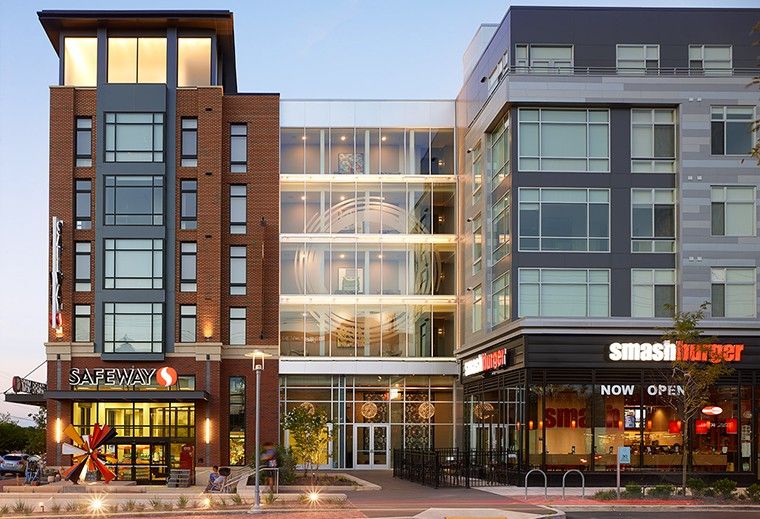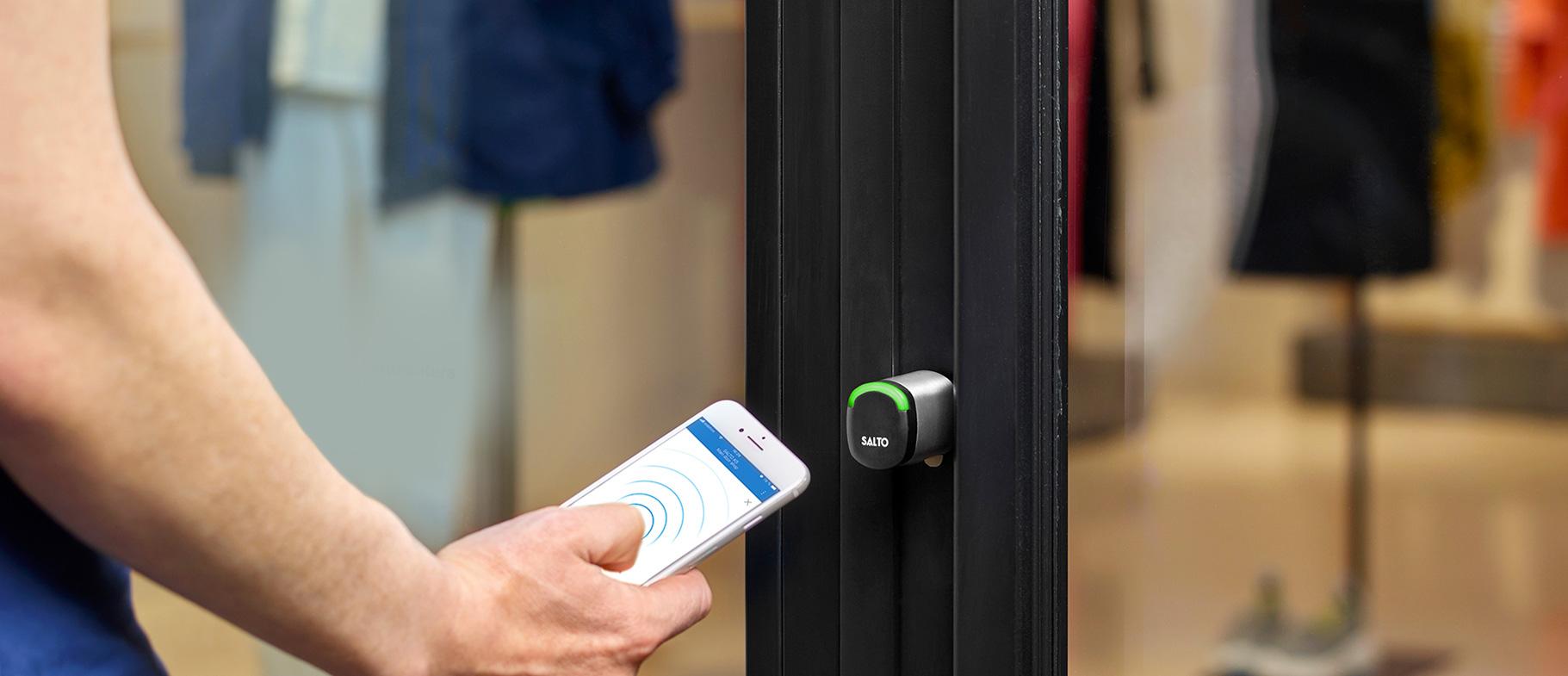
Introduction to Retail Security
In the dynamic world of retail, where transactions occur constantly and customers browse freely, security plays a crucial role. It's not just about protecting merchandise; it's about creating a safe environment for commerce to thrive. This guide explores the multifaceted approach needed to secure retail environments in today's complex landscape.
Retail security is of paramount importance. Every year, significant losses occur due to theft, fraud, and other security breaches. However, the impact goes beyond financial losses. A security incident can damage customer trust, affect employee morale, and harm a brand's reputation. In an era of instant communication, a single security lapse can have far-reaching consequences.
Effective retail security is about finding the right balance – creating an environment that is secure yet welcoming, vigilant yet unobtrusive. It requires a combination of technology, human insight, and operational expertise.
Physical Security Measures
The foundation of retail security lies in its physical implementation. It starts with the store's layout and design. A well-designed retail space is not only aesthetically pleasing but also acts as a deterrent against theft and misconduct.
Visibility is key in store design. Open floor plans with clear sightlines allow staff to monitor the entire store effectively without being intrusive. Strategic placement of merchandise, especially high-value items, in well-lit, easily observable areas serves dual purposes: it showcases products effectively while deterring potential thieves.
The store entrance is crucial for security. It should be welcoming yet secure. Modern access control systems can regulate entry without creating a fortress-like atmosphere. These might include automatic doors that can be quickly locked in emergencies or subtle electronic counters that track customer flow.
Surveillance technology has advanced significantly. Today's cameras are intelligent systems capable of high-resolution imaging, facial recognition, and AI-powered analytics to identify unusual behavior or known offenders before an incident occurs. The key is in their deployment – visible enough to deter, but discreet enough not to make honest shoppers uncomfortable.
Fighting organized crime and retail theft
Staff Training and Involvement
While technology forms the backbone of retail security, the human element remains irreplaceable. Staff are not just sales associates or cashiers; they are the frontline defenders of store security.
Comprehensive training is essential. Employees should be skilled in customer service techniques that double as loss prevention strategies. Simple actions like greeting customers as they enter, maintaining eye contact, and offering assistance can make potential shoplifters feel watched without alienating genuine customers.
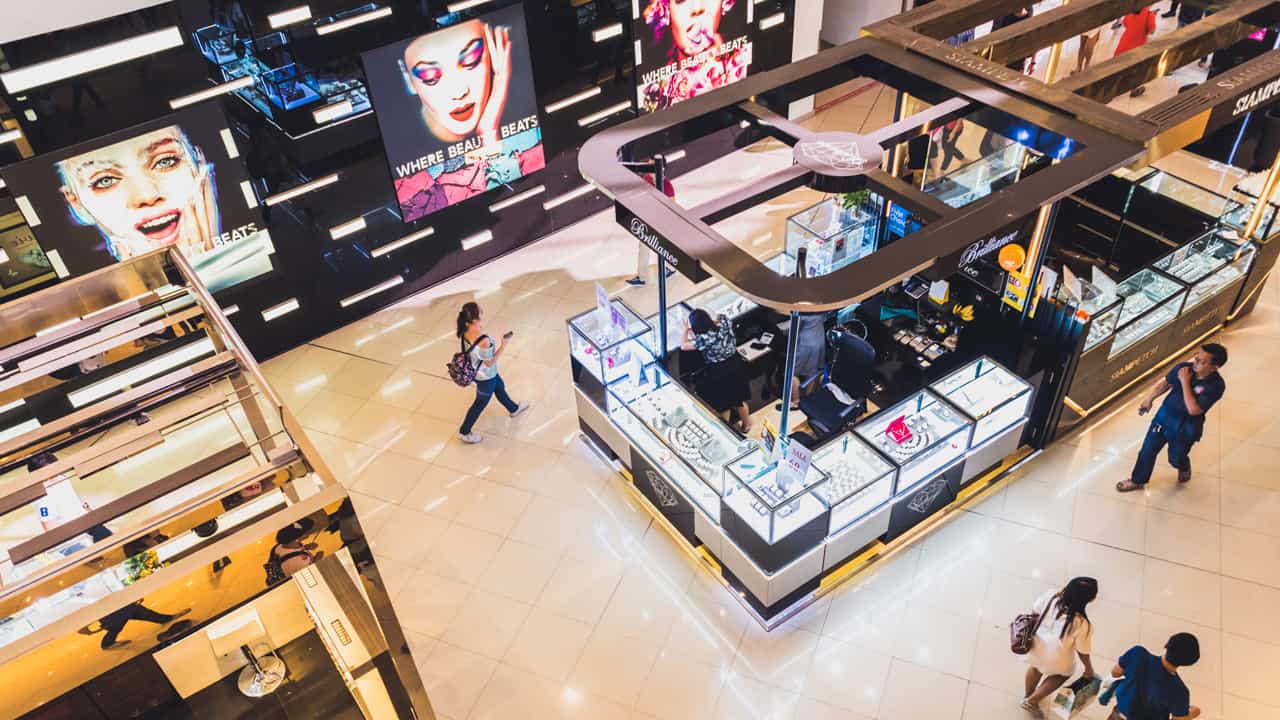
Training should cover a range of scenarios – from handling aggressive customers to responding to emergencies. Regular drills and refresher courses keep these skills sharp and demonstrate the store's commitment to security.
Empowering employees is crucial. Staff who feel valued and trusted are more likely to take ownership of store security. This might involve including employees in security planning or recognizing those who successfully prevent theft or manage difficult situations.
Solving for Safer Retail
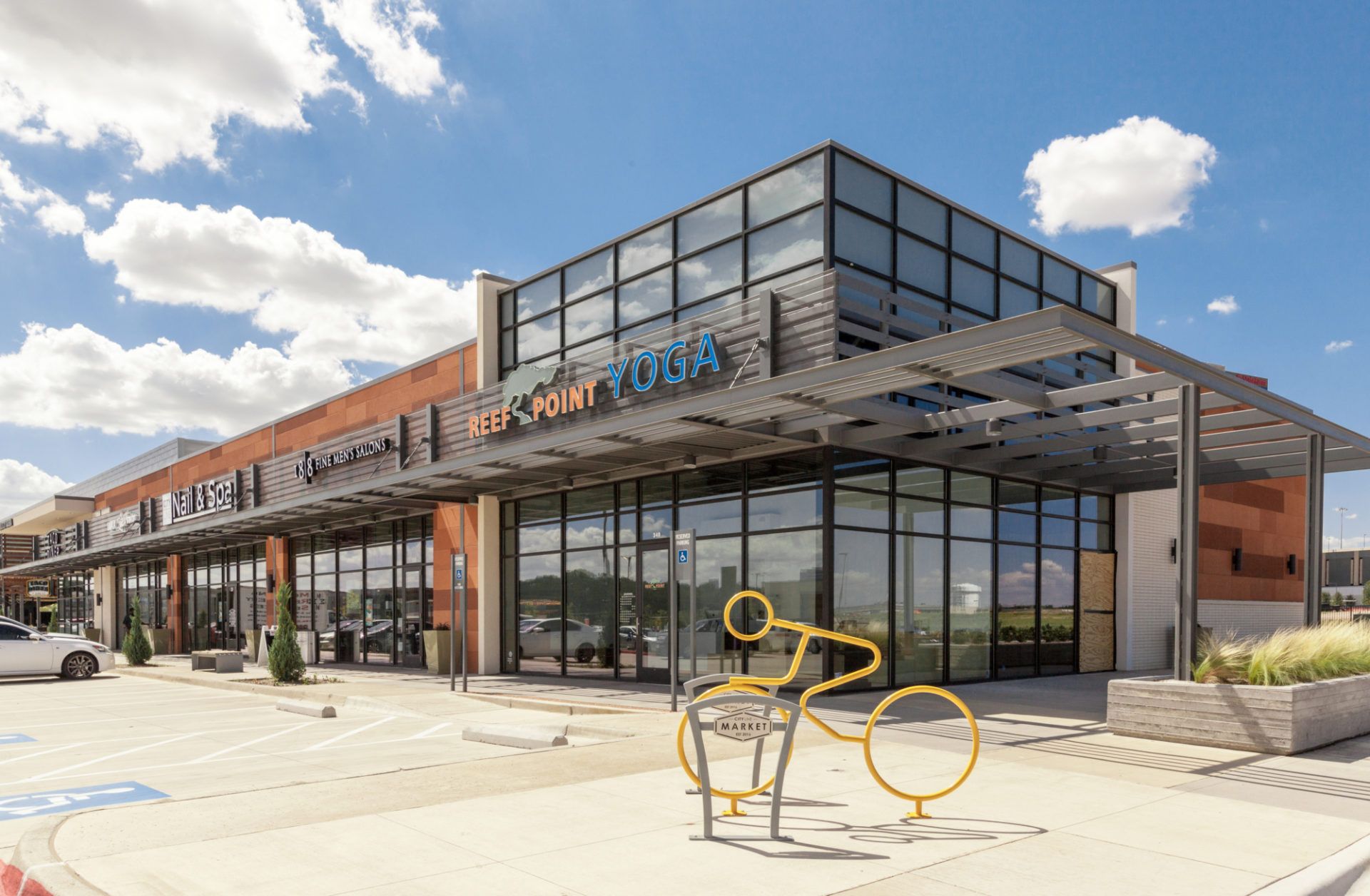
Inventory Management
Effective inventory management is a critical component of retail security. It's not just about knowing what's on the shelves; it's about tracking the journey of every item from warehouse to cash register.
Modern inventory systems utilize advanced technology. RFID tags can track items in real-time, alerting staff to unusual movement. Regular cycle counts, once a tedious manual process, can now be automated, quickly identifying discrepancies that might indicate theft.
Inventory management also involves creating a culture of accountability. Clear procedures for receiving goods, processing returns, and handling damaged items close loopholes that dishonest employees or customers might exploit.
Cybersecurity in Retail
In an era where data is as valuable as physical merchandise, cybersecurity becomes a critical aspect of retail security. The modern store is a hub of digital activity – from point-of-sale systems to customer databases.
Protecting these digital assets requires a multifaceted approach. It starts with robust firewalls and up-to-date security software. But it extends to practices like regular software updates, strong password policies, and employee training on cyber threats such as phishing.
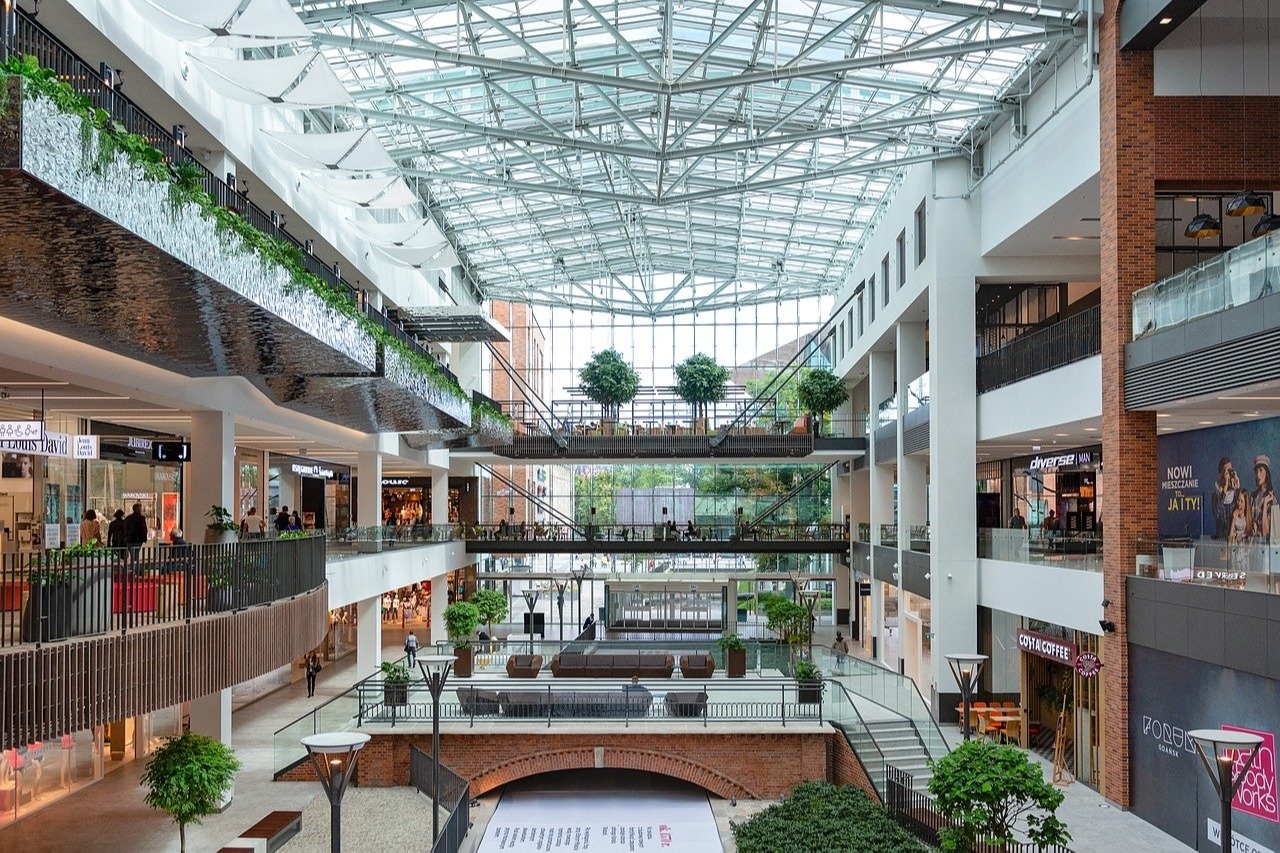
Payment systems require special attention. With the constant threat of data breaches, ensuring PCI DSS compliance is not just a regulatory requirement; it's essential for maintaining customer trust. Encryption, tokenization, and secure payment gateways are crucial tools in protecting customer data.
